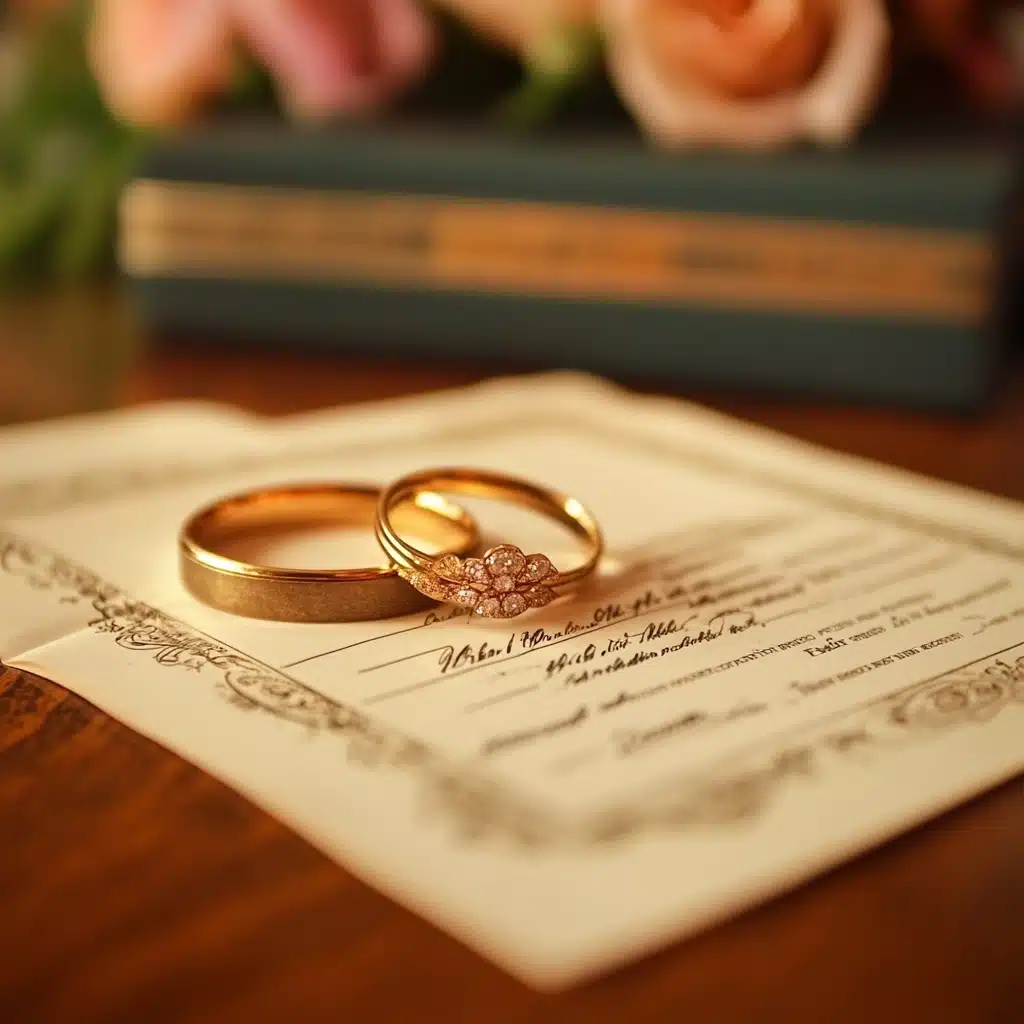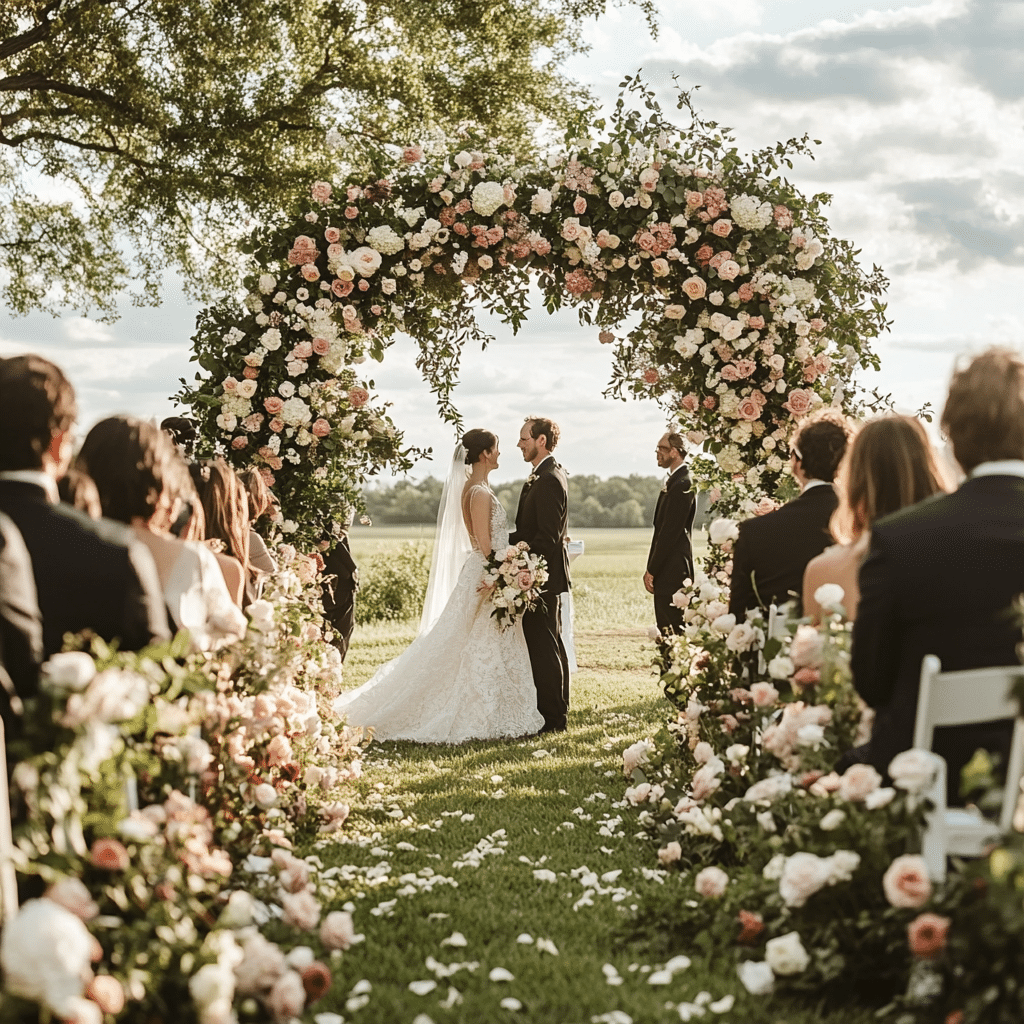Your wedding ceremony is a legally binding celebration as well as a personal milestone. Ensuring that your wedding officiant meets all legal and credential requirements is essential for a smooth, stress-free experience and a ceremony that is recognized by law. In this guide, we break down the legal and credential considerations you need to keep in mind when hiring a wedding officiant, so you can make an informed choice and confidently celebrate your union.
Why Legal & Credential Considerations Matter
Hiring a wedding officiant who is legally recognized and credentialed ensures that:
- Your Marriage is Legally Valid: The officiant must be authorized to perform wedding ceremonies in your jurisdiction, ensuring your marriage is legally binding.
- Compliance with Local Laws: Regulations can vary by state and locality. A properly credentialed officiant will be familiar with local legal requirements.
- Peace of Mind: Knowing that your officiant has met all legal criteria allows you to focus on the emotional and celebratory aspects of your wedding.
Understanding Officiant Credentials
Legal Ordination and Certification
- Ordination: In many regions, wedding officiants must be legally ordained. This can be through religious institutions, non-denominational organizations, or online ordination services.
- State Registration: Some states require officiants to register with a county or state government to legally perform marriages.
- Certificate of Ordination: Always ask for proof of ordination or certification. This document verifies that the officiant is authorized to conduct wedding ceremonies.
Professional Memberships and Affiliations
- Wedding Officiant Associations: Membership in professional organizations, such as the Universal Life Church or other recognized associations, can add credibility.
- Continuing Education: Some officiants pursue ongoing training or certifications in wedding planning or public speaking, ensuring they stay updated on legal and ceremonial best practices.
Navigating State and Local Regulations
Variations by Jurisdiction
- Different Legal Requirements: Every state—and sometimes even local jurisdictions—has its own set of rules governing who can legally perform a wedding. Always verify the specific requirements for your location.
- Documentation and Filings: Ensure that your officiant understands the necessary paperwork, including marriage licenses and the filing process post-ceremony.
Tips for Ensuring Compliance
- Consult Your Venue or Planner: Wedding venues and planners are often familiar with local regulations and can help verify that your officiant meets all legal criteria.
- Review State Guidelines: Check your state’s official website or local government resources for detailed information on marriage officiant requirements.
Questions to Ask Your Prospective Officiant
Before finalizing your choice, ask these key questions:
- Are you legally ordained and registered to perform weddings in my state or locality?
- Can you provide a copy of your certificate of ordination or any other legal credentials?
- What is your experience with the legal aspects of wedding ceremonies, including handling marriage licenses and filing paperwork?
- Do you have any professional affiliations or memberships that support your credentials as a wedding officiant?
Final Thoughts
Hiring a wedding officiant who meets all legal and credential requirements is a crucial step in ensuring that your marriage is recognized and that your special day runs smoothly. By thoroughly vetting your officiant, asking the right questions, and verifying documentation, you can have complete peace of mind as you move forward with your wedding plans.
With the legal details handled, you’re free to focus on creating a heartfelt and memorable ceremony that truly reflects your unique love story.
Happy planning, and here’s to a wedding that is as legally sound as it is beautifully personal!


